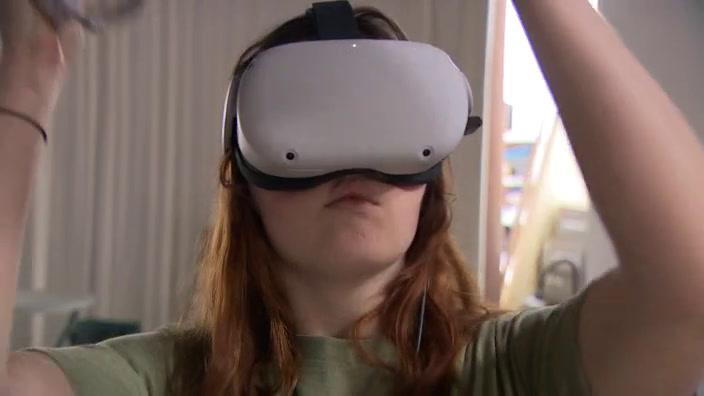The study was published in the mBio journal of the American Academy of Microbiology.
The millions of Norway rats living with New Yorkers are among the animals that can contract the virus that causes covid-19, according to a new study. However, reports of the virus spreading from any type of animal to humans remain rare.
Pets, such as cats, dogs, and hamsters; zoo animals, such as big cats, primates, and hippos; farmed mink, and wild animals such as deer and anteaters are among the animals in which covid-19 cases have been reported. For the study, published Thursday in the American Academy of Microbiology journal mBio, researchers captured 79 rats from three Brooklyn locations in the fall of 2021 and tested them for exposure to SARS-CoV-2.
“Most of the rats were caught in urban parks in Brooklyn, although some were caught near buildings outside the park boundaries,” study co-author Dr. Tom DeLiberto, SARS coordinator, said in a news release. -CoV-2 in the Animal and Phytosanitary Inspection Service of the US Department of Agriculture.
Thirteen of the 79 rats, i.e. 16.5%, had IgG or IgM antibodies against the virus, suggesting a previous SARS-CoV-2 infection.
“Several studies have suggested that fragments of SARS-CoV-2 genomes were identified in wastewater systems, and that the prevalence of SARS-CoV-2 in wastewater systems coincides with outbreaks in resident human populations,” the researchers note. . “However, there is no evidence to show that SARS-CoV-2 viruses in sewage are infectious, suggesting that sewer rats may have been exposed to the virus through airborne transmission, for example, overlapping living spaces with humans or indirect transmission from unknown fomites, for example, contaminated food residues.”
Two rats tested positive in blood tests, as well as carrying viral RNA, “implying that previously exposed seropositive animals may still contract and excrete SARS-Co-V-2,” the study says.
Genomic analyzes showed that the viruses infecting the rats were associated with the B lineage strain, which was dominant in the city at the beginning of the covid-19 pandemic.
To dig deeper, the researchers also conducted a viral challenge study and found that the alpha, delta, and omicron variants of the novel coronavirus can infect laboratory rats.
Other research has found that Hong Kong rats may have been exposed to the coronavirus, but the new study is believed to be one of the first to show that variants can infect urban rats, Dr. Henry Wan said in the statement. Principal investigator of the study and director of the Center for Influenza and Emerging Infectious Diseases at the University of Missouri.
Although cases in which humans have spread the virus to animals have been documented, reports of infected mammals spreading the virus to humans through close contact are rare, according to the Centers for Disease Control and Prevention ( CDC, for its acronym in English) of the United States. “There is no evidence that animals play a significant role” in spreading the virus to people, the agency says.
According to Dr. J. Scott Weese, director of the Center for Public Health and Zoonoses at the University of Guelph, Canada, who was not involved in the new research, the results will not change what people do, and it remains much more likely that humans contract the covid-19 virus from other humans than from animals.
However, the study is a good reminder that the virus is still circulating, he said, “and it’s also a reminder for the future, and that we have to be looking at things in the broader context, animal and human health all together.” “.

